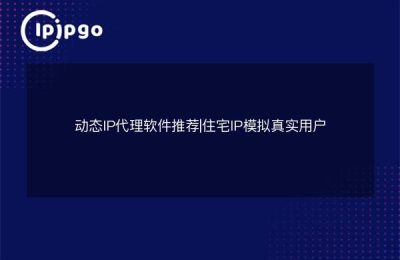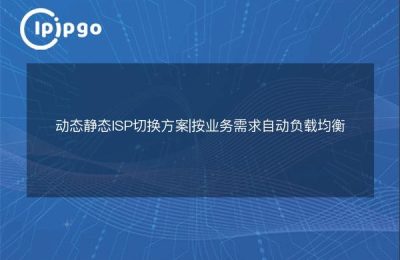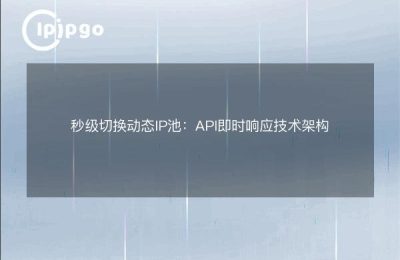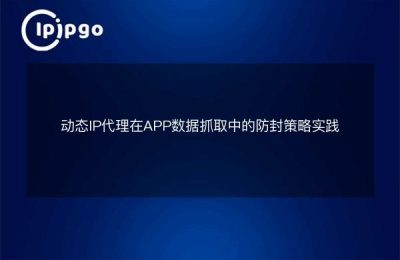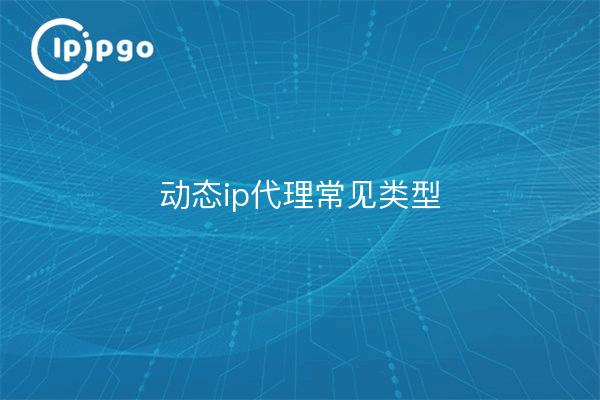
Hello everyone, I am a programmer Xiao Wang who loves network technology. Today I would like to share with you some knowledge about the common types of dynamic IP proxies. Dynamic IP proxies play a very important role in network security and data privacy. Understanding the types of dynamic IP proxies is very helpful for us to protect both personal privacy and data security.
Open Proxy without Authentication
First, let's take a look at open proxies that require no authentication. This type of dynamic IP proxy is the most common and the most abused. Open proxies are dynamic IP proxy servers that anyone can use for free or for a fee, and usually do not require authentication. The advantage of using an open proxy is that it is convenient and fast, but the disadvantage is also obvious: security cannot be guaranteed and it can easily be used maliciously. Below is a sample code for accessing an open proxy using Python:
import requests
proxy = {
"http": "http://123.456.789.101:8080",
"https": "https://123.456.789.101:8080"
}
response = requests.get("http://www.example.com", proxies=proxy)
print(response.text)Private agents that require authentication
Secondly, private proxies require authentication, which can prevent abuse. By purchasing a private proxy service, we can obtain a set of authenticated dynamic IP addresses to ensure the security and stability of network access. Private proxy services usually provide higher connection speeds and lower latency, which is suitable for working environments that require stable network connections. Below is a sample code for data crawling using a private proxy:
import requests
proxy = {
"http": "http://username:password@123.456.789.101:8080",
"https": "https://username:password@123.456.789.101:8080"
}
response = requests.get("http://www.example.com", proxies=proxy)
print(response.text)Hybrid Agent
In addition to the two common types of dynamic IP proxies mentioned above, there is another type called hybrid proxies. Hybrid proxies are a combination of open and private proxies, where different types of proxies are used according to actual needs. For example, an open proxy can be used first for high-frequency data collection, and then a private proxy can be used for stable data access, resulting in a better balance of security and efficiency. The use of mixed proxies is very flexible and needs to be adapted and selected according to the specific situation.
wrap-up
As an important tool to protect personal privacy and data security, dynamic IP proxies have different types and characteristics. Understanding the common types of dynamic IP proxies can help us better choose the right proxy service to protect the security and stability of network access. I hope that when you use dynamic IP proxies, you can choose the right type according to the actual needs and protect your network security and data privacy. Thank you for reading and I hope my sharing is helpful.

